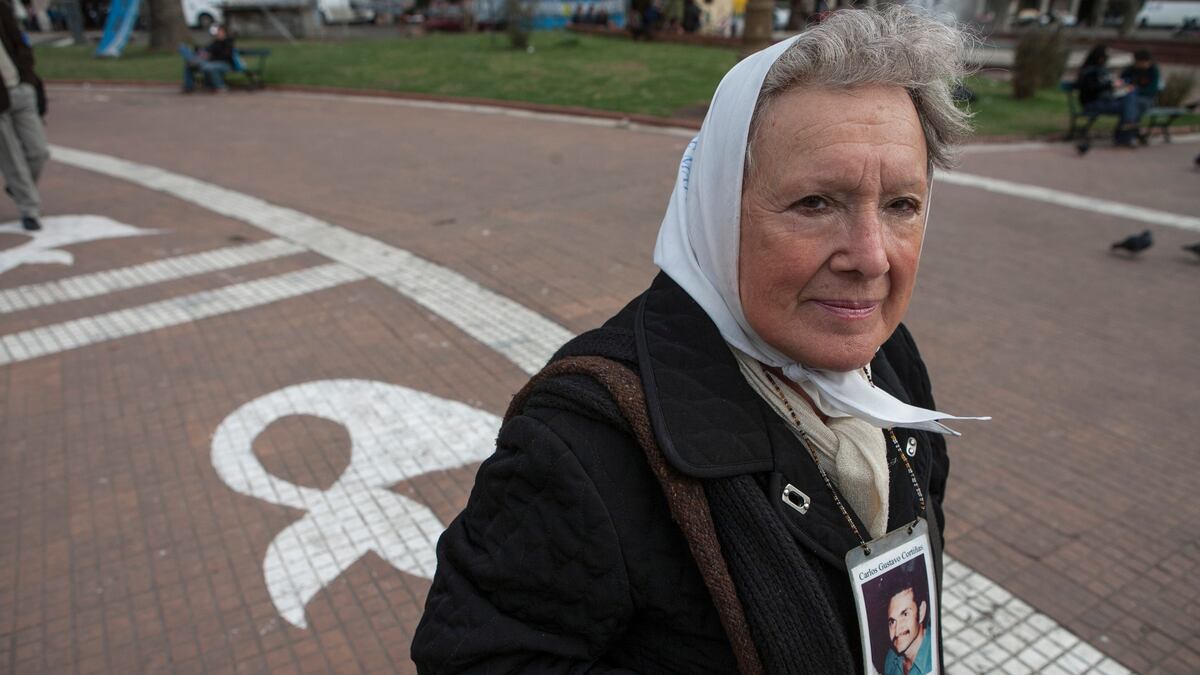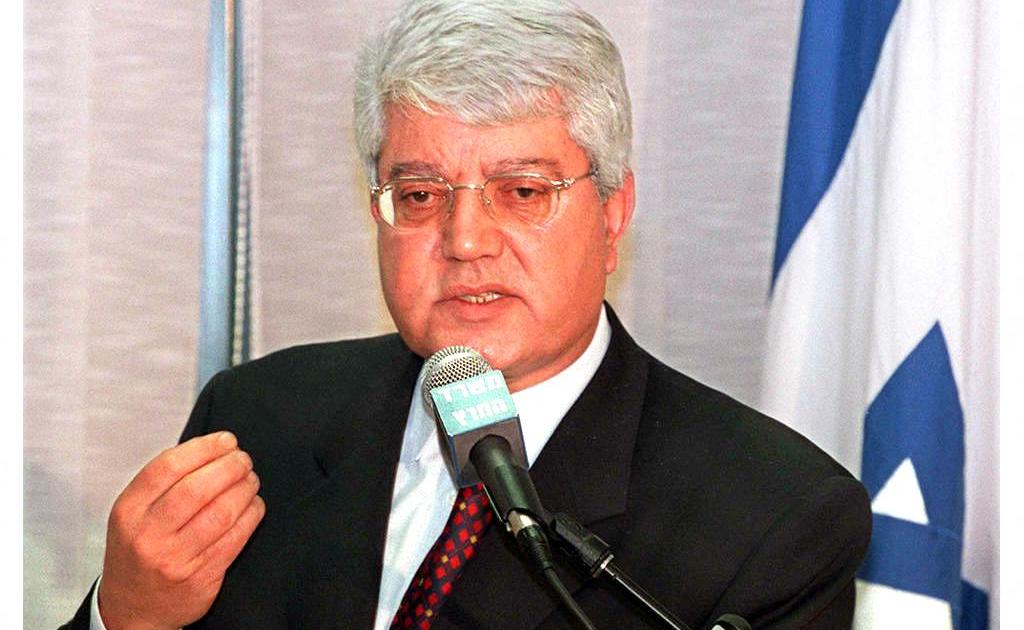Nora Morales de Cortiñas, affectionately known as Norita, the president of Madres de Plaza de Mayo - Founding Line, passed away at age 94. She dedicated her life to searching for her son, Gustavo, who disappeared on April 15, 1977, during Argentina's brutal dictatorship. Despite the tireless efforts of Norita and her fellow mothers, they never found Gustavo or uncovered definitive answers about his whereabouts. Yet, Norita's resilient spirit and unwavering commitment to human rights made her an enduring symbol for many generations.
Born in Buenos Aires in 1930, Norita married her only boyfriend, Carlos Cortiñas, at 19. She initially aspired to be a ‘perfect housewife,’ but her life changed dramatically when Gustavo disappeared. The military was abducting civilians as part of a systematic plan, which prompted Norita and other mothers to take action, beginning their notorious Thursday marches in front of the Argentine Government Headquarters at the Plaza de Mayo.
These marches, marked by the iconic white scarves, became symbols of their collective struggle against state terrorism and injustice. Norita's steadfast participation continued even in democracy, aiming to hold former military officials accountable and uncover the truth behind the abductions of her son and thousands of others.
After the dictatorship ended in 1983, Norita was hopeful for justice. However, differences within the Madres de Plaza de Mayo group led her to form the Madres de Plaza de Mayo - Foundress Line. This new organization collaborated with the National Commission on Disappearance of Persons, pursued legal actions, and supported reparation measures.
Norita's passion extended beyond Argentina as she supported numerous causes worldwide. She was a recognizable figure in campaigns for women's rights, including advocating for legal, safe, and free abortion. Her activism earned her numerous honors, including an honorary doctorate from the University of Buenos Aires.
In her final years, Norita remained a vital voice against injustice. She criticized modern political figures and policies that she believed betrayed the commitment to human rights. Her last public appearance was on March 24, when she participated in a march commemorating the anniversary of Argentina's last coup d'état, confronting rising denialist ideologies among contemporary politicians.
Norita wished to be remembered for her heartfelt dedication to the cause. She stood as a bridge between memory and hope, inspiring future generations to fight tirelessly for justice and human rights. As her life exemplifies, the struggle for truth and justice is perpetual and must be carried forward by the young and resilient.
- Nora Cortiñas’s first public activism endeavors began shortly after Gustavo was kidnapped. On April 30, 1977, she joined the initial group of madres at Plaza de Mayo. These women were united not by political beliefs but by a shared, devastating personal loss. Early on, instead of standing still during the state of siege, they began walking around the square—an act that evolved into their signature form of protest.
- Norita's activism extended globally. She visited countries like Chile, Italy, France, and even Japan to raise awareness about forced disappearances and other human rights violations. Her trip to the Malvinas Islands in 2017 to help identify Argentine soldiers' bodies, although controversial, demonstrated her commitment to addressing past injustices, no matter the political ramifications.
- Despite the social pressures and governmental threats, Norita never wavered in her mission. Whether in the courtroom or on the streets, her resolve was an inspiration. She actively engaged in educational initiatives, deepening the academic discourse on the coup's socio-economic impacts and the intersection of foreign debt and human rights abuses.
- In her later years, Norita spoke out against ideas that she felt undermined the progress made since Argentina’s return to democracy. She expressed concern over denialist speeches and rallied the public to safeguard democracy, particularly as new political challenges arose.





